Product pictures
| Amount Per 1 roll, 71 g | |||
| Calories | 160 Kcal (670 kJ) | ||
| Calories from fat | 63 Kcal | ||
| % Daily Value* | |||
| Total Fat | 7g | 11% | |
|---|---|---|---|
| Saturated Fat | 1g | 5% | |
| Cholesterol | 10mg | 3% | |
| Sodium | 390mg | 16% | |
| Total Carbs | 19g | 6% | |
| Sugars | 3g | 12% | |
| Dietary Fiber | 2g | 8% | |
| Protein | 4g | 8% | |
| Vitamin C | 11.3mg | 19% | |
| Vitamin A | 0.3mg | 10% | |
| Iron | 0.6mg | 3% | |
| Calcium | 20mg | 2% | |
* Percent Daily Values are based on a 2000 calorie diet. Your daily values may be higher or lower depending on your calorie needs.
Find out how many calories should you eat.
Ingredients And Nutrition Overview
Best
choice Good
choice Poor
choice Avoid
it!
choice Good
choice Poor
choice Avoid
it!
-
WeightWatchers Points: 3.4, PointsPlus: 4, SmartPoints: 5
WeightWatchers Points are estimated by carbohydrates, fats, protein and fiber in product. They are not an affirmation of better quality or nutritional value of the product or its manufacturer. Only way to count for dieters. Less points are better.
Read more at Weight watchers diet review -
Salty! Has over 16% of the daily sodium max
The average American consumes 5,000 mg of sodium daily — twice the recommended amount amount of 2400mg for healthy adults, this is 1 teaspoon of salt.
For medical reasons many people should not exceed 1500mg of sodium.
Surprisingly, you're responsible for only 15% of the sodium in your diet the bigger part - 75% of the sodium that you consume each day comes from processed foods, not home cooking or the salt shaker.
Excess sodium intake increases the risk of high blood pressure, hypernatremia, hypertension, cardiovascular disease and other heart problems.
Are these reasons enough to cut the sodium intake? No doubt! -
Convert Salt tsps to Sodium mg easily
Salt (NaCl) is not excactly sodium (Na).
It is not right to use these terms as synonyms.
The FDA recommended limit of sodium is 2,300 mg per day (or even less - about 1500 mg while one is on low sodium diets).
This is much less than the weight of salt.
(5,750 mg per day or 3,750 mg for low sodium diet) and not so convenient to calculate.
Know how much sodium is in your salt - without a calculator:
1/4 tsp salt = 600 mg sodium
1/2 tsp salt = 1200 mg sodium
3/4 tsp salt = 1800 mg sodium
1 tsp salt = 2300 mg sodium -
Great! Contains less than 1.5 tsp of sugar.
Great! Contains less than 1.5 tsp of sugar per serving!
-
More than 8% daily fiber!
Eat more fiber. You've heard it many times. But why it is so good for your health?
Dietary fiber is best known for its ability to make our digestion going right.
So want to prevent or relieve constipation - eat more fiber!
There are also other great health benefits as well, such as lowering your risk of diabetes, heart disease and cancer, and helping to maintain a healthy weight by helping to feel you full longer.
The best source of fiber are fruits, vegetables, whole grains and legumes and not processed foods with added fiber. -
Interested in getting more protein?
Protein is important, but some of the protein you find in this product isn't exactly natural.
The protein comes from one of the following sources:
- milk protein concentrate
- whey protein isolate
- soy protein isolate
and that it's not ideal to get protein only from processed goods.
If you're looking for more protein, try beans, quinoa, nuts, seeds, peas and spinach & leafy greens.
Not only do they have protein, they're filled with other vitamins and minerals. -
Great source of protein and fiber
Beans and legumes are great source of protein and fiber. But You should watch for sodium in canned versions.
-
A naturally good source of Vitamin C
You get real, natural easy absorbing Vitamin C from this product, not as a artificial fortified ingredient.
This is great! Let's try to get the best from the real food, because we get too much from artificial ingredients nowdays. -
Contains MSG!
Monosodium Glutamate is used as a flavor enhancer with an umami taste that intensifies the meaty, savory flavor of food.
Naturally occurring glutamate does it in foods such as stews and meat soups.
Despite the fact that MSG is one of the most extensively studied food ingredients and is generally recognized as safe (GRAS) by FDA.
Some people should steer away from it as they feel that react adversely to MSG.
MSG is generally found in processed, low-quality foods, stuff that you shouldn’t be eating much.
REMEMBER: Any food ingredient listed as hydrolyzed, protein-fortified, ultra-pasteurized, fermented or enzyme-modified is often MSG, or creates free glutamic acid during processing. -
Contains MSG-like ingredients
People feeling reaction to MSG may also react adversely to MSG-like substances.
Glutamates or chemically similar items are added to improve a product's taste.
Here is a short list of common MSG-like substances:
- Yeast extract
- Autolyzed yeast
- Hydrolyzed proteins
- Textured proteins
- Anything "enzyme modified"
Allergens
Eggs Allergy, Soy Allergy, Sesame Allergy, Wheat Allergy, Gluten Allergy, Corn Allergy
Vegetable egg rolls Ingredients
Egg Roll Filler: Cabbage, Vermicelli (Green Mung Beans, Water), Carrots, Vegetable Oil (Soybean and/or Canola), Shiitake Mushrooms, Textured Soy Protein Concentrate, Egg Whites, Modified Food Starch, Salt, Sesame Seed Oil, Green Onions, Sugar, Autolyzed Yeast (No MSG Beyond the Small Amount Naturally Occurring in Soy Sauce and Autolyzed Yeast), Garlic, Spice. Egg Roll Wrapper: Water, Whole Wheat Flour, Enriched Flour (Wheat Flour, Niacin, Reduced Iron, Thiamine Mononitrate, Riboflavin, Folic Acid), Batter Mix (Enriched Flour [Wheat Flour, Niacin, Iron, Thiamine Mononitrate, Riboflavin, Folic Acid], Cornstarch, Dextrin, Soybean Oil, Leavening {Sodium Acid Pyrophosphate, Sodium Bicarbonate], Whole Eggs, Dextrose, Malted Barley Flour), Vegetable Oil (Soybean and/or Canola), Sugar, Modified Food Starch, Whole Eggs, Salt, Natural Flavor (Salt, Soy Sauce Powder (No MSG Beyond the Small Amount Naturally Occurring in Soy Sauce and Autolyzed Yeast) [Tamari Soy Sauce (Soybeans, Salt, Wheat), Maltodextrin, Salt], Fructose, Honey Powder, Sugar, Spice, Malt Powder, Molasses Powder [Molasses, Maltodextrin], Sesame Oil, Onion Powder, Tapioca Dextrin, Mushroom Powder, Garlic Powder, Natural Flavor, Tricalcium Phosphate [as an Anti-Caking Agent]), Autolyzed Yeast (No MSG Beyond the Small Amount Naturally Occurring in Soy Sauce and Autolyzed Yeast), Xanthan Gum, Fried in Vegetable Oil (Soybean and/or Canola). Sauce: Water, Evaporated Cane Juice, Rice Vinegar, Tomato Paste, Cornstarch, Soy Sauce (No MSG Beyond the Small Amount Naturally Occurring in Soy Sauce and Autolyzed Yeast) (Water, Soybeans, Wheat, Salt), Salt, Citric Acid, Xanthan Gum, Vegetable Juice (Color), Extractives of Paprika, Annatto Extract, and Natural Flavors.
You Might Also Like
% RDI of Main Nutrition Facts
8%
of RDI* (160 calories) 71 g
-
Cal: 8 %
-
Fat: 10.8 %
-
Carb: 6.3 %
-
Prot: 8 %
-
0%25%75%RDI norm*
Calories Breakdown
- Carbs (49%)
- Fat (40.6%)
- Protein (10.3%)
Get Your Recipe of Health!
Follow RecipeOfHealth on Facebook!

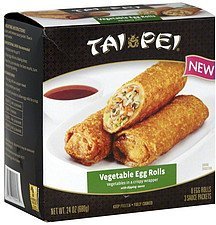
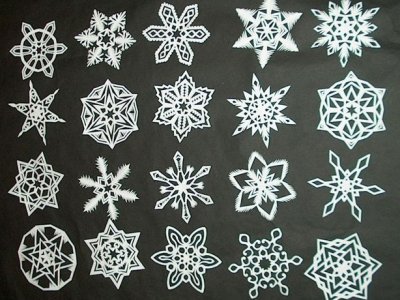
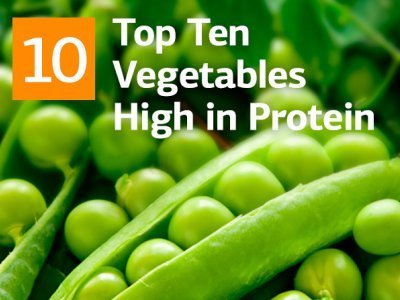

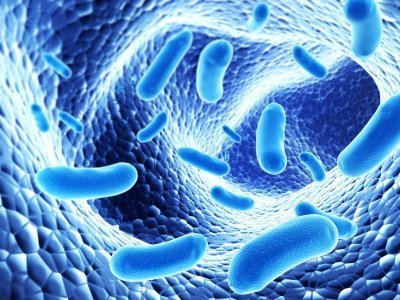







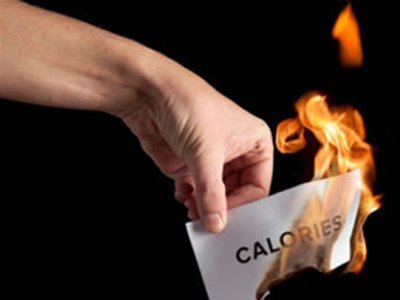
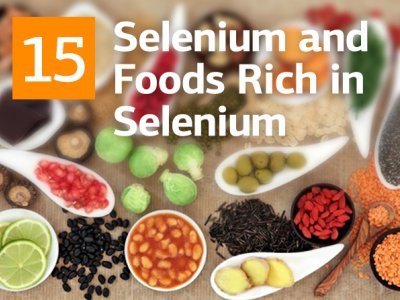
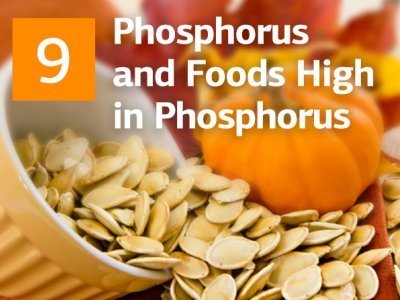
Add your comment